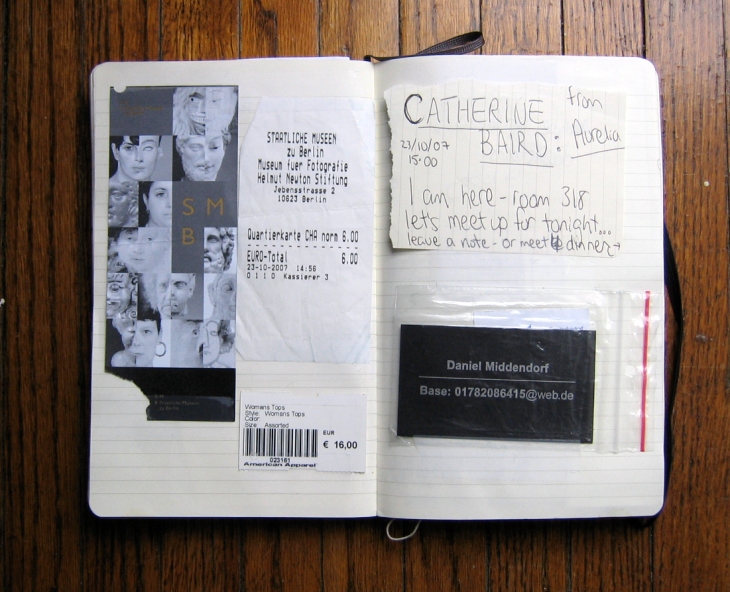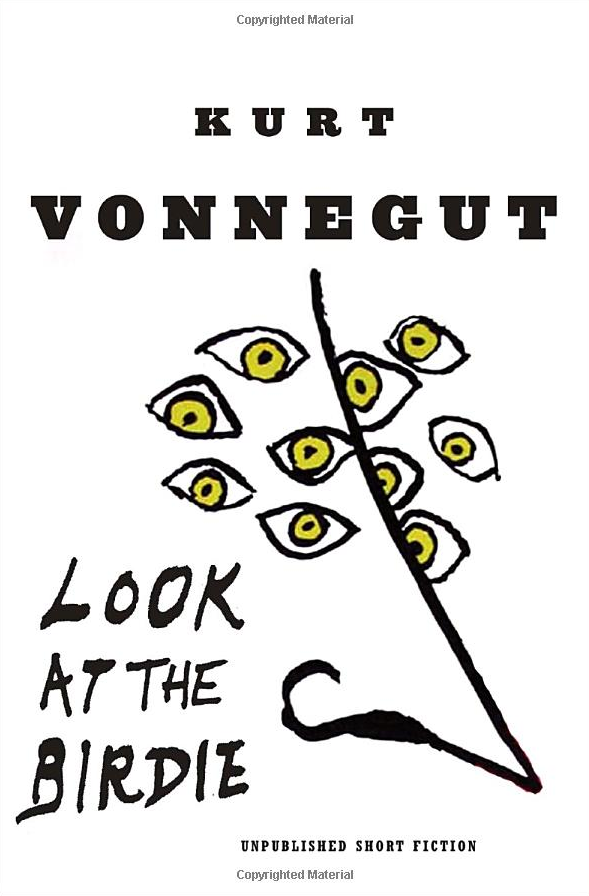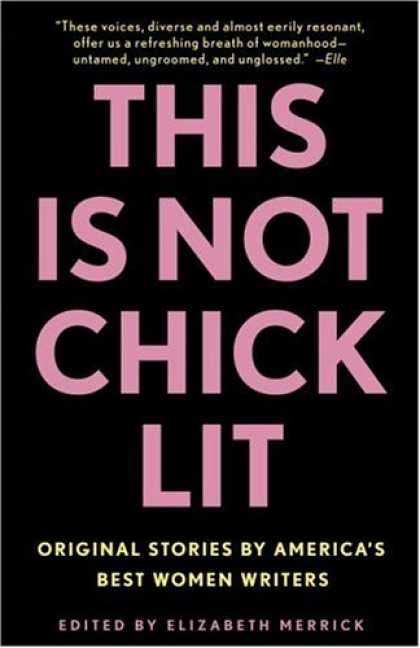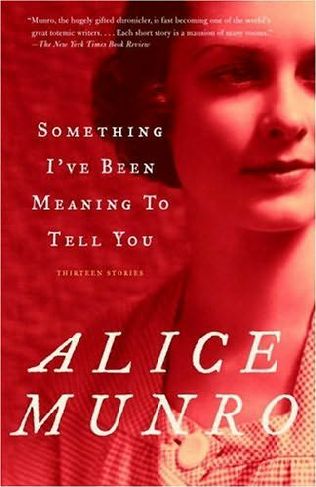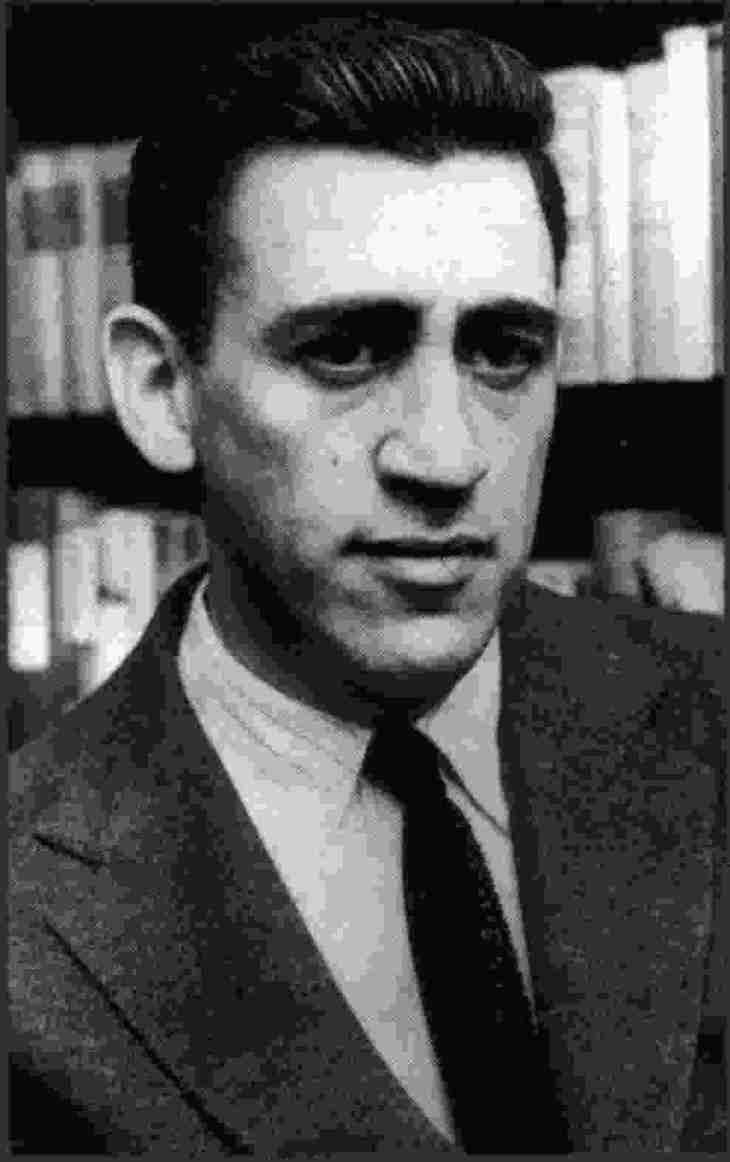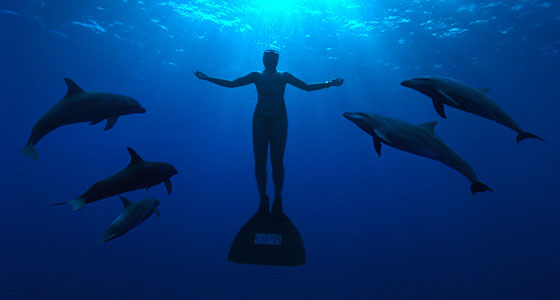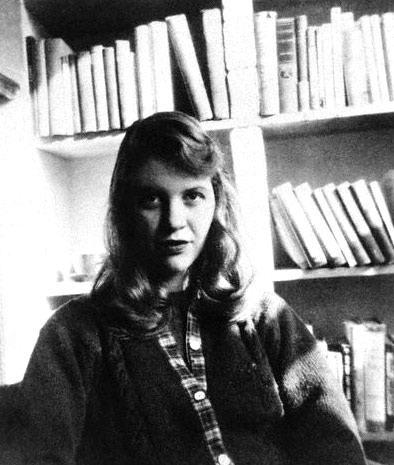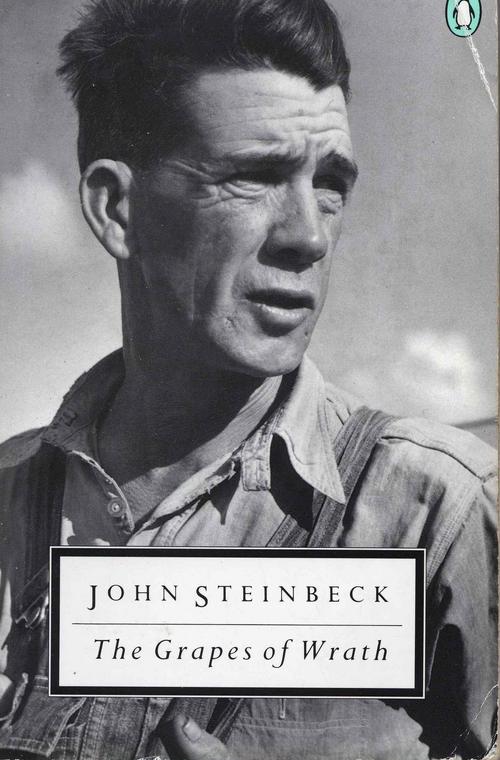
The other day my creative writing teacher asked us why we write. At times this has been a difficult question for me to answer. It has always been this lingering need to write stories without knowing who they would be written for, or why I should even bother. My answer to her, put on the spot, was that it makes me feel human. “Life affirming?” she asked. I said yes. Well, sort of. In contrast to what I actually do for a living, it makes me feel like I am creating something that has meaning, rather than creating something that makes people buy more stuff.
In the shower, the other morning, I remembered the moment I decided to write seriously. There had always been poems, short stories, and writing festivals in my youth. It is clear from my elementary school report cards that writing and communication were always my strongest subjects. But it’s clear to me now that the turning point was when I was twenty-four, sitting in my mother’s condo in Brampton, reading The Grapes of Wrath. That was ten years ago.
It’s true the actual story was one of non-fiction. It could have been told by a journalist, and it probably was at some point; the Dust Bowl of the thirties, the foreclosures of farms, the travel of thousands to California. But what Steinbeck did was turn it into a story that we, as readers could live long after that headlines were gone. Page after page I was completely absorbed in the plight of the Joads, the food they ate, their relationships, their ignorance and their fears.
And this why stories should be written and read. When you read a book you live inside the characters. You feel what they feel. There is no other way to do this in life. This is why I want to write. Because it feels human to connect, to tell stories that have not yet been told, to have readers know they are not alone, to let language blend and create parallels and metaphors, to make meaning out of life events, big or small.
It does not go unnoticed that the very evil in the Grapes of Wrath, aside from uncontrollable weather and the hungry banks, is advertising. A false promise on a handbill distributed to the farmers that there was plenty of work on the farms in California. The Joads use last of their savings to make the trek, and along the way encounter thousands of families like themselves. When they finally get there they realize that with so many available workers, the big corporate farmers can get labour for free. They pay the starving families with only a meal.
I was surprised that I remembered this moment. These changes in life usually happen gradually. Why do we want to do things we do? When it comes to making art, it seems like an insane pursuit. No money, lots of hard work, and the great potential for complete and utter failure. But I expect, or I have to believe, even Steinbeck must have felt this — at some point.


